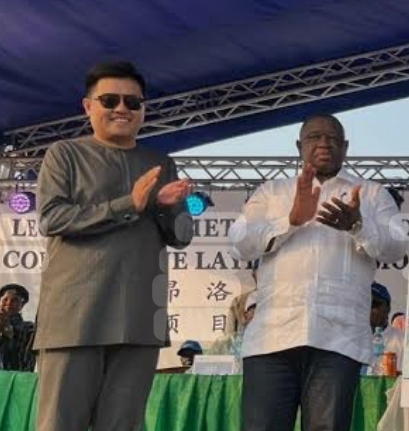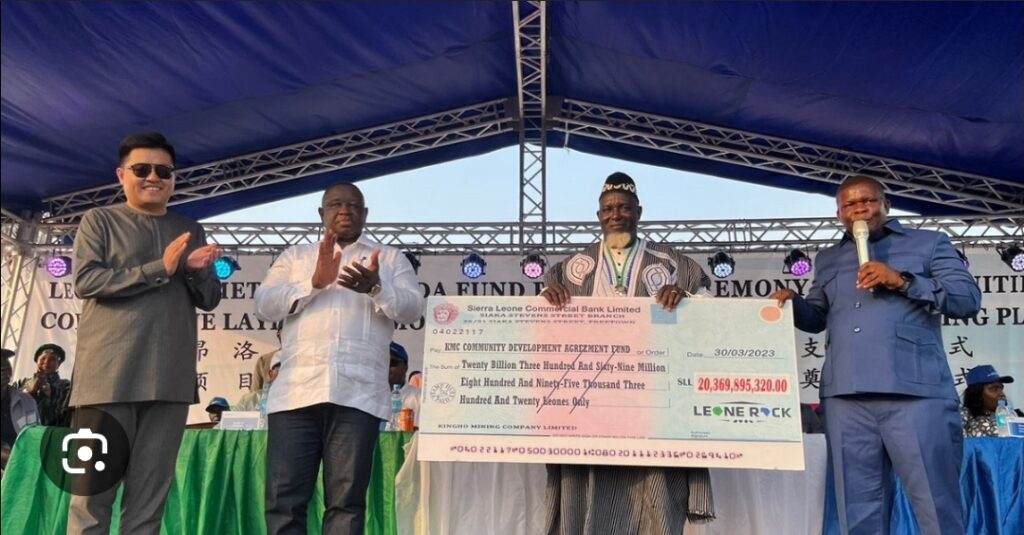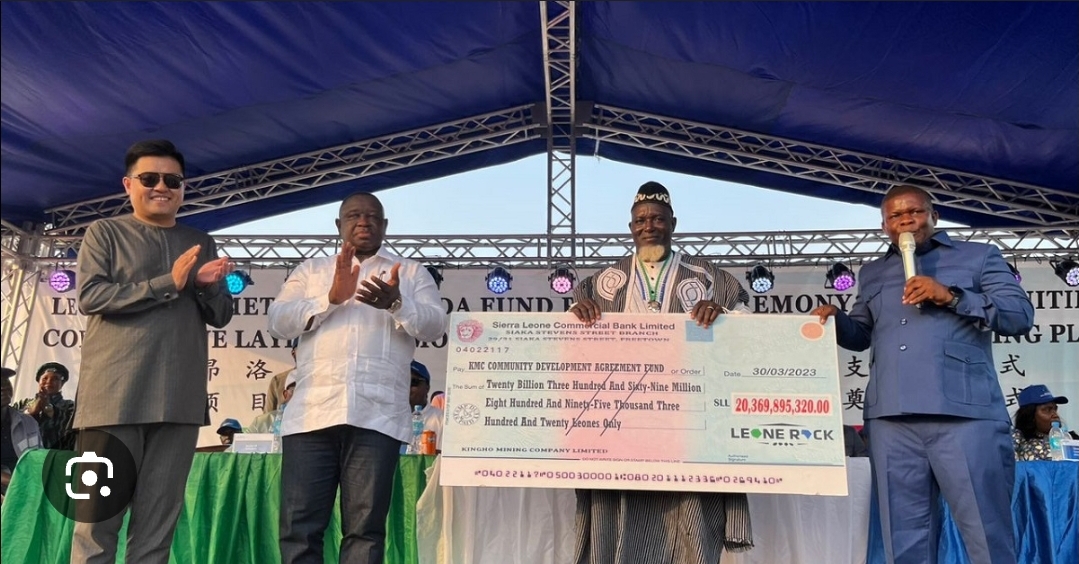
ANOTHER REDUNDANCY NIGHTMARE AT LRMG

By Ibrahim Alusine Kamara (Kamalo)
The Leone Rock Metal Group (LRMG), which has its roots in the former China Kingho Mining Company, is back in the spotlight as fresh worries arise about its workforce and ownership. Over the weekend, rumors began circulating about a potential rebranding and ownership shift, with whispers that the company might be taking on a new name: “Rock Wave.” This news has sparked a wave of anxiety among employees, many of whom are concerned about possible layoffs and inadequate severance packages. Some workers have even suggested the idea of striking, pointing to a lack of transparency and worries about the perceived undervaluation of their benefits. In response, the company quickly issued a firm denial, calling the rumors “false” and “misleading.” In a statement released on May 30, 2025, LRMG clarified that there is “no change in ownership or rebranding,” explaining that Rock Wave is merely a Sierra Leonean-owned human resource firm recently hired to manage junior-level, non-supervisory staff. “Leone Rock remains fully operational under its current ownership and management,” the company emphasized. “There has been no rebranding, and no transition to ‘Rock Wave.’” Management also dismissed any speculation about layoffs, instead highlighting that the company is actually in an expansion phase, aiming to double its workforce to 15,000 by 2026. They explained that outsourcing HR services for lower-tier employees is part of a strategic plan to “professionalize recruitment, enhance staff welfare, and empower local firms.” While LRMG presents a narrative of growth and investment—pointing to initiatives like salary increases, production-based bonuses, and monthly rice provisions—uncertainties still loom. Workers are left feeling uneasy, particularly regarding what outsourcing might mean for their job security, benefits, and overall accountability.
More broadly, the latest episode revives an ongoing national debate about the implications of foreign dominance in Sierra Leone’s mining sector. Transitions, restructurings, and operational shifts—however they’re labelled—have repeatedly resulted in local job losses and reduced worker protections.
An immediate reference point is the recent sacking of nearly 1,000 workers at Koidu Limited, another major mining firm. In many such cases, new management or ownership structures have failed to retain inherited workers, further fuelling unemployment and deepening economic vulnerability in mining communities.
Against this backdrop, a key meeting was reportedly convened last week in Makeni, involving the Ministry of Labour and Social Security and other stakeholders. The agenda was to pre-emptively address any fallout from LRMG’s HR outsourcing strategy and ensure workers’ rights are upheld.
Yet these interventions often come too late-or fall short—due to weak enforcement and limited government leverage. Despite generous tax breaks and concessions offered to foreign companies, little has changed for the ordinary Sierra Leonean.
It is a bitter paradox: for nearly a century, since diamonds were first discovered in Kono District, the country’s mineral wealth has translated into fortunes for foreign companies, but not for the citizens who live on the land and bear the cost of extraction.
Today, communities near mining sites still lack clean water, decent roads, healthcare, and educational infrastructure. What has mining really delivered? A trail of displaced families, desecrated environments, and youth unemployment-while the country’s minerals continue to line the pockets of companies from China, Britain, and the U.S.
And the blame does not lie solely with the foreigners. Successive governments have failed to act decisively in defence of national interest. Instead, they have presided over deals that benefit a few elites while sacrificing the wellbeing of the many.
The LRMG saga-real or exaggerated, should be a wake-up call. Sierra Leone must re-evaluate all existing contracts with foreign investors. The era of unchecked foreign monopoly in the mining sector must end.
It’s time for government to actively empower Sierra Leonean businesses, offer them capital support, enforce local content laws, and create the conditions for citizens to own and benefit from the wealth beneath their feet.
We cannot continue to celebrate crumbs while others feast. Leone Rock may be expanding, as it claims. But so should Sierra Leone’s vision for true economic justice-one that puts the people first.
